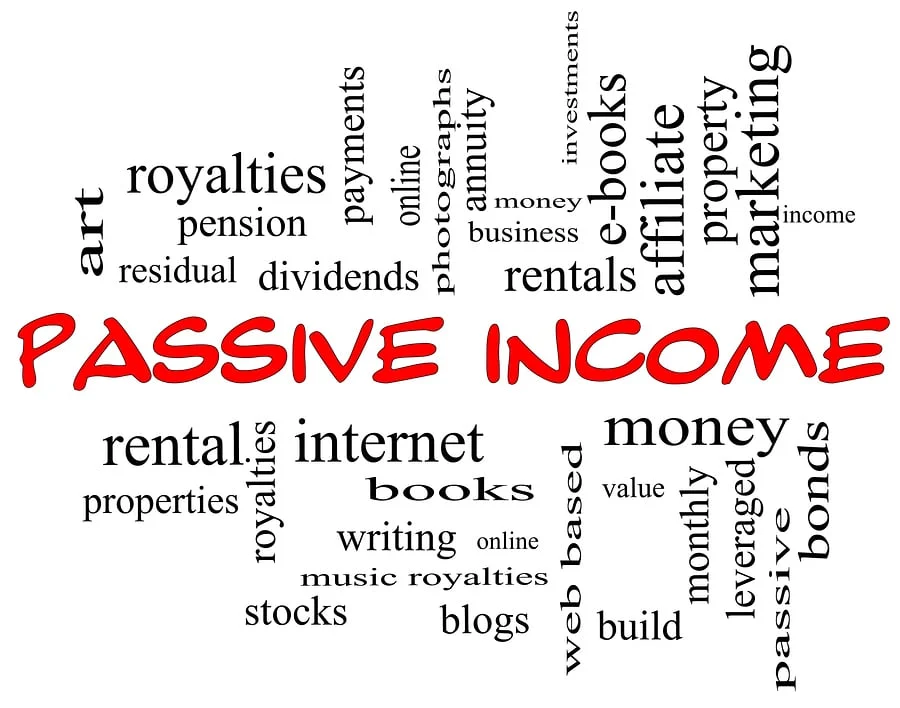Essential Stock Market Terms You Need to Know

Understanding the Importance of Stock Market Vocabulary
Stock Market is a complex industry, and it can be difficult to navigate if you’re not familiar with the vocabulary. This is especially true if you’re dealing with clients who may not have a strong understanding of Stock Market terms themselves. By mastering Stock Market vocabulary, you’ll be able to communicate more effectively with clients and colleagues, which can help you build stronger relationships and ultimately be more successful in your career.
Basic Stock Market Terms
Let’s start with some of the most basic stock market terms you need to know:
‘Equity’/Share?
Total equity capital of a company is divided into equal units of small denominations, each called a share. For example, in a company the total equity capital of $ 300,00,000 is divided into 20,00,000 units of $ 10 each. Each such unit of $ 10 is called a Share. Thus, the company then is said to have 20,00,000 equity shares of $ 10 each. The holders of such shares are members of the company and have voting rights.
Initial Public Offer (IPO)
An Initial Public Offer (IPO) is the selling of securities to the public in the primary market. It is when an unlisted company makes either a fresh issue of securities or an offer for sale of its existing securities or both for the first time to the public. This paves way for listing and trading of the issuer’s securities. The sale of securities can be either through book building or through normal public issue.
Rights Issue/ Rights Shares
The issue of new securities to existing shareholders at a ratio to those already held, at a price. For e.g. a 1:2 rights issue at $ 200, would entitle a shareholder to receive 1 share for every 2 shares held at a price of $ 200 per share.
Bonus Shares
Shares issued by the companies to their shareholders free of cost based on the number of shares the shareholder owns.
Stock Split
A stock split is a corporate action which splits the existing shares of a particular face value into smaller denominations so that the number of shares increase, however, the market capitalization or the value of shares held by the investors post-split remains the same as that before the split.
Buyback of Shares
A buyback can be seen as a method for company to invest in itself by buying shares from other investors in the market. Buybacks reduce the number of shares outstanding in the market. Buy back is done by the company with the
purpose to improve the liquidity in its shares and enhance the shareholders’ wealth.
Bond and Debenture
In the Indian securities markets, the term ‘bond’ is used for debt instruments issued by the Central and State governments and public sector organizations and the term debenture’ is used for instruments issued by private corporate sector.
Mutual Fund
A Mutual Fund is a body corporate that pools money from individuals/corporate investors and invests the same in a variety of different financial instruments or securities such as equity shares, Government securities, Bonds, debentures etc. Mutual funds can thus be considered as financial intermediaries in the investment business that collect funds from the public and invest on behalf of the investors. Mutual funds issue units to the investors. The appreciation of the portfolio or securities in which the mutual fund has invested the money leads to an appreciation in the value of the units held by investors. Mutual Funds invest in various asset classes like equity, bonds, debentures, commercial paper and government securities.
Portfolio
A Portfolio is a combination of different investment assets mixed and matched for the purpose of achieving an investor’s goal(s). Items that are considered a part of your portfolio can include any asset you own-from shares, debentures, bonds, mutual fund units to items such as gold, art and even real estate etc. However, for most investors a portfolio has come to signify an investment in financial instruments like shares, debentures, fixed deposits, mutual fund units.
Index
An Index shows how a specified portfolio of share prices are moving in order to give an indication of market trends. It is a basket of securities and the average price movement of the basket of securities indicates the index movement, whether upwards or downwards.
Arbitration
Arbitration is an alternative dispute resolution mechanism provided by a stock exchange for resolving disputes between the trading members and their clients in respect of trades done on the exchange. If no amicable settlement
could be reached through the normal grievance redressal mechanism of the stock exchange, then you can make application for reference to Arbitration under the Byelaws of the concerned Stock exchange.
Depository
A depository is like a bank wherein the deposits are securities (viz. shares, debentures, bonds, government securities, units etc.) in electronic form.
Bid and Ask price
The ‘Bid’ is the buyer’s price. It is this price that you need to know when you have to sell a stock. Bid is the rate/price at which there is a ready buyer for the stock, which you intend to sell.
The ‘Ask’ (or offer) is what you need to know when you’re buying i.e. this is the rate/ price at which there is seller ready to sell his stock. The seller will sell his stock if he gets the quoted “Ask’ price.
ISIN
ISIN (International Securities Identification Number) is a unique identification number for a security.
While these terms may seem simple, they form the foundation of stock market vocabulary and are essential for anyone working in the industry.
Conclusion
In conclusion, mastering Stock market vocabulary is essential for anyone working in the industry. By understanding basic terms, as well as more complex jargon and acronyms, you can communicate more effectively with colleagues and clients, avoid mistakes, and ultimately be more successful in your career. By following the tips outlined in this article, you can improve your understanding of stock market vocabulary and become a more effective communicator in the industry.
















